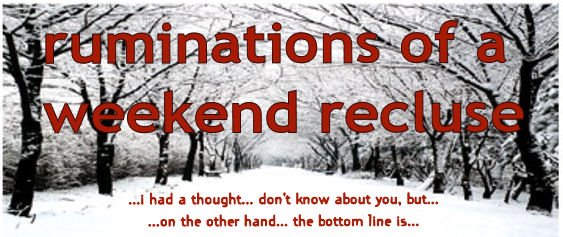I heard the bells on Christmas day
Their old familiar carols play,
And wild and sweet the words repeat
Of peace on earth, good will to men.
I thought how, as the day had come,
The belfries of all Christendom
Had rolled along the unbroken song
Of peace on earth, good will to men.
And in despair I bowed my head
'There is no peace on earth,' I said,
'For hate is strong and mocks the song
Of peace on earth, good will to men.'
'God is not dead, nor doth He sleep;
The wrong shall fail, the right prevail
With peace on earth, good will to men.'
Till ringing, singing on its way
The world revolved from night to day,
A voice, a chime, a chant sublime
Of peace on earth, good will to men.
The Story Behind "I Heard the Bells on Christmas Day"
by Tom Stewart
One of America's best-known poets, Henry Wadsworth Longfellow (1807-1882), contributed to the wealth of carols sung each Christmas season, when he composed the words to "I Heard the Bells on Christmas Day" on December 25th 1864. The carol was originally a poem, "Christmas Bells," containing seven stanzas. Two stanzas were omitted, which contained references to the American Civil War, thus giving us the carol in its present form. The poem gave birth to the carol, "I Heard the Bells on Christmas Day," and the remaining five stanzas were slightly rearranged in 1872 by John Baptiste Calkin (1827-1905), who also gave us the memorable tune. When Longfellow penned the words to his poem, America was still months away from Lee's surrender to Grant at Appomattox Court House on April 9th 1865; and, his poem reflected the prior years of the war's despair, while ending with a confident hope of triumphant peace.
As with any composition that touches the heart of the hearer, "I Heard the Bells on Christmas Day" flowed from the experience of Longfellow-- involving the tragic death of his wife Fanny and the crippling injury of his son Charles from war wounds.
The first Christmas after Fanny's death, Longfellow wrote, "How inexpressibly sad are all holidays." A year after the incident, he wrote, "I can make no record of these days. Better leave them wrapped in silence. Perhaps someday God will give me peace." Longfellow's journal entry for December 25th 1862 reads: "'A merry Christmas' say the children, but that is no more for me." Almost a year later, Longfellow received word that his oldest son Charles, a lieutenant in the Army of the Potomac, had been severely wounded with a bullet passing under his shoulder blades and taking off one of the spinal processes. The Christmas of 1863 was silent in Longfellow's journal. Finally, on Christmas Day of 1864, he wrote the words of the poem, "Christmas Bells." The reelection of Abraham Lincoln or the possible end of the terrible war may have been the occasion for the poem. Lt. Charles Longfellow did not die that Christmas, but lived.
Longfellow's Christmas bells loudly proclaimed, "God is not dead." Even more, the bells announced, "Nor doth He sleep." God's truth, power, and justice are affirmed, when Longfellow wrote: "The wrong shall fail, the right prevail." The message that the Living God is a God of Peace is proclaimed in the close of the carol: "Of peace on Earth, good will to men."
Subscribe to:
Post Comments (Atom)




No comments:
Post a Comment